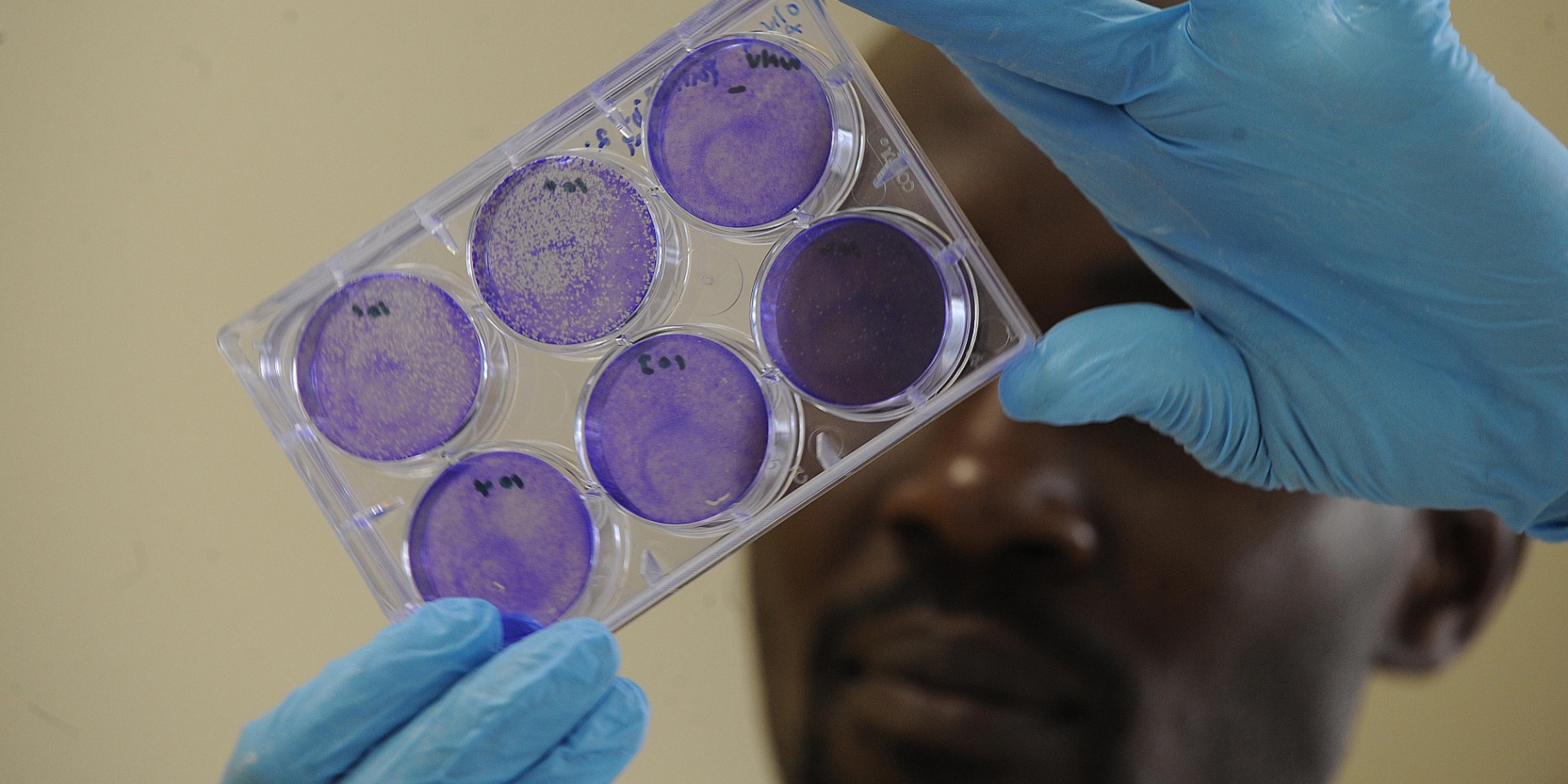World Zoonoses Day: the importance of animal health and welfare
By Andrés González Serrano Sustainable livestock, animal health, and biodiversity FAO Officer for Latin America and the Caribbean
29/07/2024

©Simon Maina
Every July 6th is World Zoonoses Day, a date on which the international community has wanted to recall the importance of raising public awareness about the risk that certain diseases of animal origin can affect human health and vice versa, as well as the practices to prevent them.
Most people are unaware of zoonoses, despite the fact that they are a problem that may be more common than we imagine. Zoonoses are any infectious disease that can be transmitted between animals and humans, either through direct contact between humans and infected animals, vectors such as insects or ticks, contaminated food, or even the environment.
Transboundary animal diseases with zoonotic potential can impact people's livelihoods, public health, national economies, and small and medium-sized producers. They can also impact the availability of animal protein suitable for human consumption, which constitutes 33% of the protein and 17% of the calories ingested in the diet.
According to the Food and Agriculture Organization of the United Nations (FAO), 60% of all human infectious diseases have a zoonotic origin, and about 75% are transmitted between species. These figures reinforce the alert and the relevance of the subject.
The risk of zoonoses became more visible after the Covid-19 pandemic. The World Health Organization reported that, in 2020, this disease was the third leading cause of death worldwide, and in 2021, it ranked second, losing almost 13 million human lives in this period.
The frequency and intensity of these animal and human outbreaks have increased due to a confluence of factors, including increased movement of people within and between countries, international trade, intensified production systems, increased movement and contact with rural environments, wildlife, climate change, and natural disasters.
There is no doubt that more and more livestock producers in Latin America and the Caribbean are facing high-risk animal health emergencies as a result of what was mentioned before. One example is the highly pathogenic avian influenza, which has been affecting poultry, wild birds, mammals, and even humans in 16 countries in the region since 2023.
FAO supports the prevention and control of zoonotic diseases that impact animal production as an effective way to avoid their transfer to human health.
Since 2023, the FAO ECTAD program, whose specific objective is the control of transboundary animal diseases, has been present in Latin America and the Caribbean; it has contributed with equipment and technical, logistical, and financial resources deployed at a national level to support prevention, control, detection and response to zoonotic health threats with pandemic potential. ECTAD supports countries in the region: Peru, Guatemala, El Salvador, Honduras and Colombia. ECTAD globally celebrates its 20th anniversary in 2024, and in these 24 months, we have already made progress in preparing these countries for potential health threats.
The promotion of good production practices based on farm biosecurity, surveillance and sanitary control by veterinary services throughout the livestock value chains, and safeguarding of food safety contribute to minimizing the risk of zoonoses.
It is our responsibility to stay informed about zoonotic risk and practices to minimize it. This will protect the health of our animals and people and contribute to a safer and healthier future.
